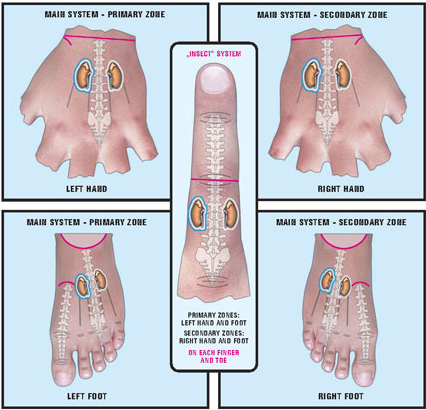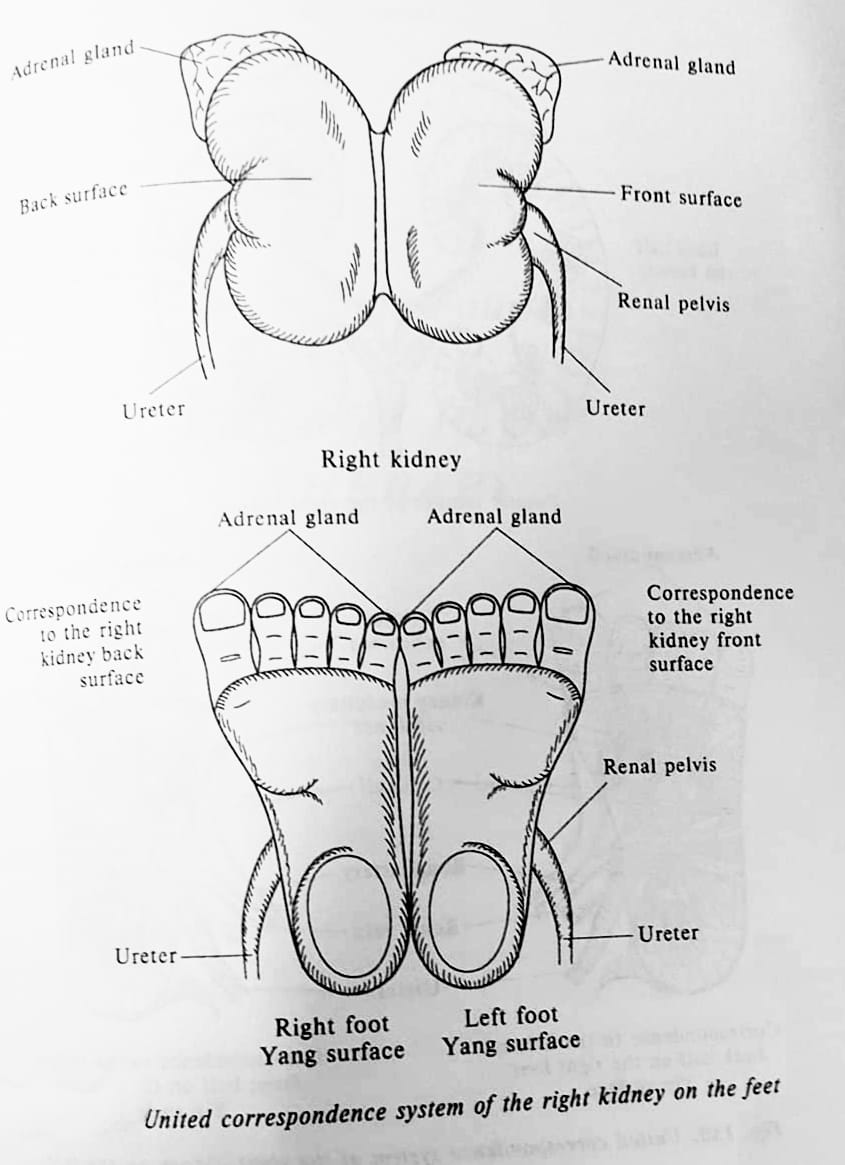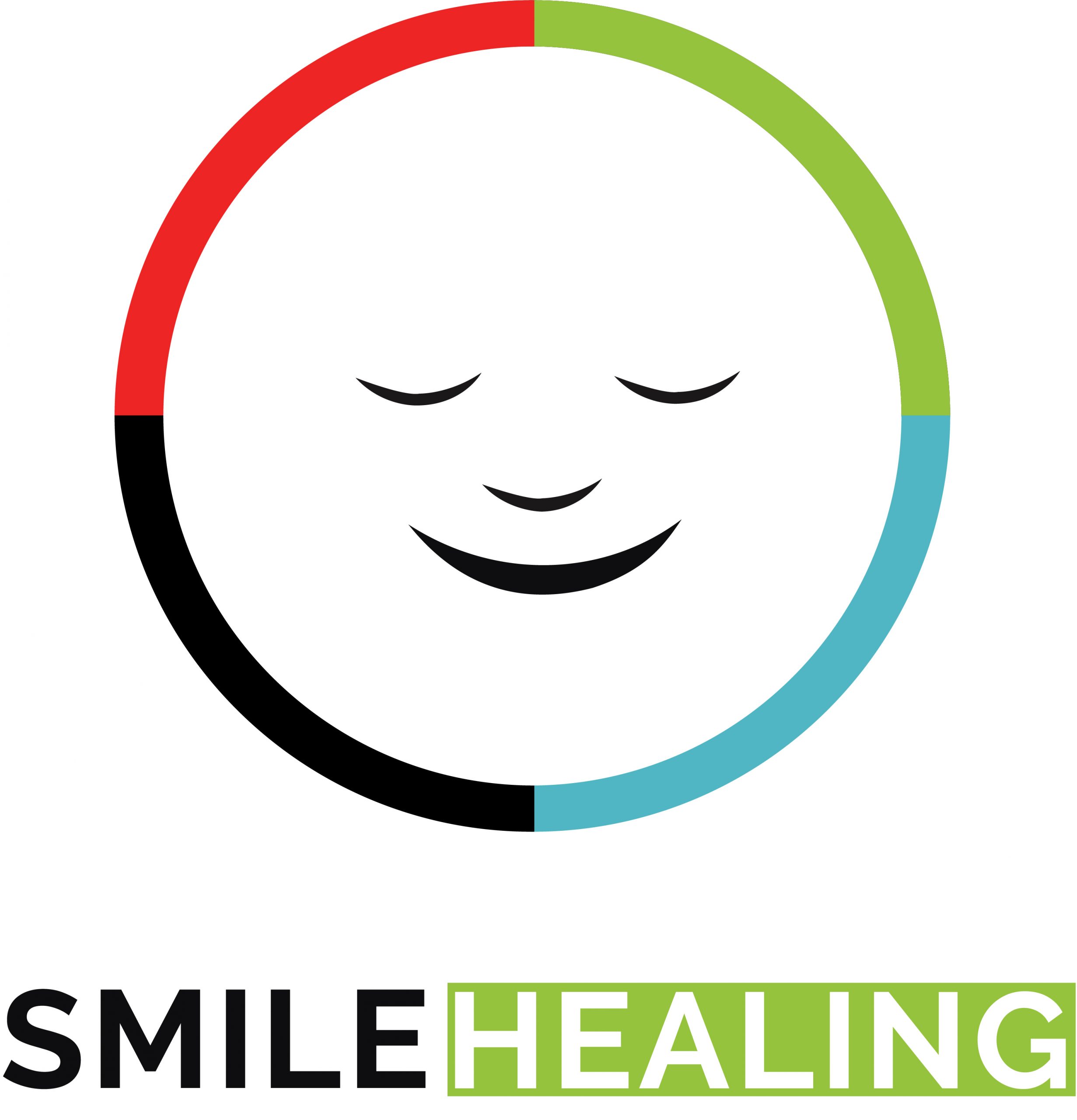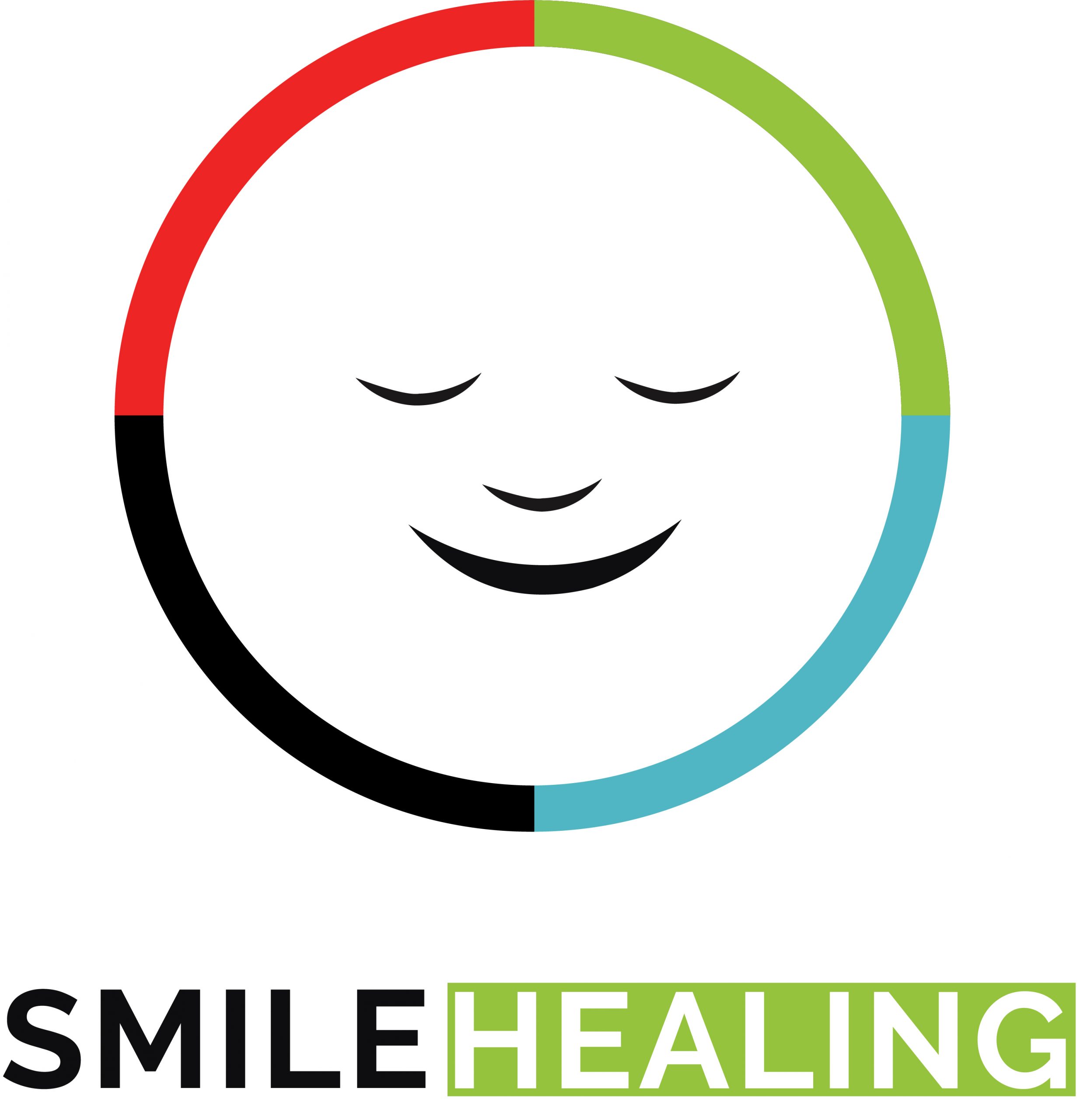
In this blog, I provide an overview of the adrenal system, the role cortisol plays in a healthy body, what happens to cause cortisol imbalances in the body, and finally, what can be done in Sujok Therapy to restore the balance back to normal.
Understanding the Role of Cortisol in the Body: From Adrenal Fatigue to HPA Axis Miscommunication
Adrenal Fatigue is a term that most of us are familiar with. According to new research, the illness is not caused by the adrenal system becoming tired, but rather by a miscommunication between the brain’s HPA axis (hypothalamus-pituitary-adrenal axis) and the adrenal system as a result of constant stress.
What is adrenal fatigue, and what function does cortisol play in it?

The adrenal glands are tiny glands located on the top of each kidney. In Sujok Therapy as per Six Ki its dryness energy. Adrenal glands in the human body emit hormone-like substances into the bloodstream. Hormones have a wide range of effects on the human body.
The HPA-axis is a communication pathway between our brain’s hypothalamus ( Brightness ) and pituitary ( Hotness )and the adrenal glands. The hypothalamus is the brain’s major body regulator, and one of its most essential duties is to connect the neurological and endocrine systems through the pituitary gland. When stress is experienced, the pituitary gland (master hormone regulator) is stimulated.
The adrenal glands are stress glands, and they play an important role in the body’s reaction to physical and emotional stress. When you’re stressed, your adrenal glands assist your body in adapting to the stressor. Your adrenal glands will generate cortisol, adrenaline, and other stress hormones if a tiger is chasing you. These hormones prepare your body into fight-or-flight mode, allowing you to either fight or flee the attack.
The adrenal glands are unique in that they have an outer (cortex) and an inner (medulla). Adrenal cortex is Hetero and medulla is Homo.
Three hormones are produced by the adrenal cortex ( Hetero ):
- Mineralocorticoids ( Hetero)- among which aldosterone is the most significant. This hormone aids in the regulation of blood pressure by maintaining the body’s salt and water balances. Without aldosterone, the kidney loses too much salt (sodium) and, as a result, too much water, resulting in severe dehydration and low blood pressure.
- Glucocorticoids ( Neutro)– Cortisol is the most common glucocorticoid. This hormone plays a role in the body’s response to disease as well as helping to regulate metabolism. Cortisol increases glucose production by assisting the body in releasing the required ingredients for glucose generation from storage (fat and muscle). Cortisol also has anti-inflammatory properties.
- Sex corticoids (Homo)– Adrenal androgens: principally dehydroepiandrosterone (DHEA) and testosterone, which are male sex hormones. All have little effects, but are involved in puberty, the early development of male sex organs in childhood, and the development of female body hair throughout puberty.
The anterior pituitary gland secretes a hormone called adrenocorticotropic hormone (ACTH), which regulates the release of glucocorticoids and adrenal androgens by the adrenal gland, as well as, to a lesser extent, aldosterone release.
Adrenal medulla ( Homo ) — Catecholamines are produced by the adrenal medulla:
Adrenaline ( Homo ) , noradrenaline ( Neutro), and minor levels of dopamine ( Hetero ) are catecholamines, which are responsible for all of the physiological aspects of the stress reaction the so-called fight or flight response.
Surprising wildlife encounters are uncommon in our daily lives, but many of us are under constant physical and/or emotional stress. Chronic pain, inflammation, infection, obesity, and sugar imbalance are examples of bodily conditions and symptoms that can cause physical stress. High-stress occupations, long hours at work, personal family or relationship stress, and post-traumatic stress disorder all contribute to emotional stress.
All of these experiences, whether emotional or physical, induce the brain to ask the adrenals to release cortisol on a regular basis, resulting in persistent high levels of cortisol in the body and reduced adrenal gland recovery time.
Chronically elevated cortisol causes the following imbalances in the short to medium term :
- Inflammation — cortisol has an anti-inflammatory effect during acute stress, but it can cause inflammation when cortisol levels are chronically high owing to long-term stress. Cortisol’s ability to modulate the inflammatory response is harmed by prolonged stress because tissue sensitivity to the hormone is reduced. Cells become immune to cortisol’s regulating impact.
- Blood sugar dysregulation owing to sugar mobilization from tissue, which can result in an increase in sugar in your blood, causing the pancreas to release more insulin. Continuously high insulin levels in the blood make blood cells less sensitive to the hormone, reducing its function and resulting in insulin resistance. Type 2 diabetes can be a result of this.
- Insomnia – difficulties falling asleep and waking up in the middle of the night. High cortisol levels disrupt our circadian cycle, resulting in a decrease in the release of the sleep hormone melatonin, making it difficult to fall asleep.
- Weight gain – Cortisol is an overall catabolic hormone that reduces lean body mass and muscle mass while increasing appetite and food consumption when in excess. Insulin resistance also causes weight gain and makes losing weight harder.
- Thyroid gland overload – because the hypothalamus and pituitary glands both control thyroid function, an overstimulation of the HPA axis can affect thyroid function, resulting in hypothyroidism.
- Immunological system deterioration – this can occur as a result of cortisol’s long-term immune suppressive effects when levels are abnormally high. This could be connected to a higher risk of developing autoimmune illness. When immune system cells are stressed, they are unable to respond to hormonal control and, as a result, produce levels of inflammation that increase disease vulnerability.
- Nutritional deficiencies (poor vitamin C, B1, zinc, magnesium, potassium,and vitamin D)
- Inflammation and chronic pain
Infections —EBV, CMV, and tuberculosis
If the situation described above is allowed to continue without any remedy or relief, and increased cortisol levels persist for months or years, a complex dysregulation in the communication of the HPA axis develops, and cortisol actually begins to decline below the levels required for healthy bodily functions.
The sympathetic nervous system is involved in the fight-or-flight response, which includes the adrenals. The adrenal glands’ job is to help your body adjust to physical and mental stress. The parasympathetic nervous system works in tandem with the sympathetic nervous system to balance things out. If your parasympathetic nervous system isn’t functioning properly, you can develop sympathetic nervous system dominance, which makes you feel stressed even when no stressors are present.
A small amount of stress, such as intermittent fasting, intermittent exercise, or a cold shower, is beneficial to your health. Chronic stress tears down the adrenal glands, resulting in adrenal exhaustion. The hormones on the outside, particularly cortisol, is a stress hormone. When your cortisol levels are too high, you develop cortisol resistance, which means your cortisol is no longer effective. You have symptoms of high cortisol in some sections of your body and low cortisol in others sections.
The following are the signs and symptoms of adrenal fatigue:
- Fatigue
- Inability to sleep
- Feeling run down
- Feeling overwhelmed
- Poor emotional, mental, or physical resilience
- Weight gain, especially around the centre
- Difficulty losing weight
- Frequent bouts of illness
- Low stress tolerance
- Anxiety, depression, and irritability
- Poor mental function
- Sugar cravings
A few more things to consider when it comes to adrenal fatigue:
- Because your adrenal glands must back up the ovaries, you may have increased stress and difficulties following menopause.
If you’ve been focusing on your adrenals for a while with no results, it could be an indication of something else—a problem with your liver. The adrenal glands aren’t the only source of cortisol in your body. Your immune cells, gonads, and central nervous system can all create cortisol, as can your liver. The more your liver is harmed, the fewer adrenal hormones you’ll be able to produce. Cortisol-binding globulin is a protein found in the liver. This is where 75% of the cortisol in your body is stored. The more liver damage you have, the lower your cortisol levels will be.
The less cortisol you have, the more symptoms you’ll have, including:
- Allergic reactions
- a state of inflammation
- Discomfort
Asthma is a condition that affects many people.
As a result, medical experts will prescribe steroids, a synthetic type of cortisol. However, this can aggravate the situation because the negative effects of this can lead to:
- Liver fatty
- High blood glucose levels
- Diabetic complications
- Hypertension (high blood pressure)
- An increase in abdominal fat
In conclusion, if you’ve been working on your adrenals with no luck, check out your liver’s condition and address any issues there first.
How to determine if you have adrenal exhaustion.
We can learn a lot about your adrenal function by combining an in-depth Cellular health Assesment with a blood report analysis.
Ragland’s Blood Pressure Test for Adrenals is a test you can do on yourself. Take your blood pressure while lying down for several minutes. After that, get up and check your blood pressure. The top number (systolic) will usually increase by 6-10 points. Adrenal fatigue causes it to drop or possibly spike higher. From sleeping to standing, a person with weakened adrenal glands will test positive.
When someone stands up, the lumbar nerves alert the adrenal glands that the body’s posture has altered. The adrenal glands then release adrenalin, which elevates blood pressure to keep you from becoming dizzy or light-headed when you change positions. Furthermore, the nerves that exit your waistline and supply the adrenals must be kept free of obstruction by appropriate posture changes and ongoing activity maintenance.
Things we can do to recover from adrenal fatigue
The adrenal glands aid in the body’s stress adaptation. The trouble is that stress starts to build up in our bodies from the moment we are born. To avoid health problems, it is critical to remove stress from your body.
The adrenal gland is a survival gland that aids the body’s stress response. Adrenal tiredness might occur when you stand up quickly or walk up the stairs. Adrenal crises can be brought on by news, media, physical trauma, and losses.
With the right nutritional assistance, as well as lifestyle adjustments and/or stress management support, the adrenal and HPA axis function can be enhanced and restored. Changes in lifestyle and stress management support are necessary to aid this recovery process and reprogram your HPA axis so that it does not instantly go into overdrive and returns to its usual rhythm after acute stress.
Allow your body to rest and recover by going for a walk—this will provide immediate adrenal fatigue relief.
There are a few nutrients you should be aware of that are excellent for treating adrenal exhaustion. These are the following: Vitamin B1 – The more stress you have, the less vitamin B1 you have. Vitamin B1, often known as thiamine, has a high sensitivity in the brain stem. Low B1 levels can lead to a reduced ability to adjust to stress.
Potassium is a mineral that helps to relax the body. Adrenal tiredness is often caused by a deficiency in potassium. The majority of potassium is found inside the cell, not outside. Adrenal exhaustion can be treated with light exercise, particularly walking.
Vitamin C is necessary for the adrenal cortex and medulla to function properly. Catecholamines, which are neurotransmitters found inside the adrenal glands, require vitamin C as a co-factor or helper nutrient (like serotonin, dopamine, and adrenaline). Outside of the gland, vitamin C is a co-factor for steroid hormones (like cortisol, aldosterone, and androgens). Vitamin C also serves as an antioxidant in the adrenal glands. Fatigue is the most prevalent symptom of both adrenal insufficiency and vitamin C deficiency. The need for vitamin C increases as your stress level rises (both physical and mental). Vitamin C utilisation in the body is inhibited by refined carbohydrates.
what we can do in Sujok Therapy for adrenal fatigue recovery.
We can use any correspondence system developed by Prof. Park Jae Woo.
Standerd & Insect correspondence system

Advance correspondence system for Kidney and Adrenal glands.


2. Six Ki- If we harmonise the constitution of the person then Hypothalamus- Pituitary- Adrenal axis can be automatically harmonised.
3. Triorigin- In triorigin we can harmonise each glands and even we can work on particular hormones of Hypothalamus, Pituitary and Adrenal glands also.
4. Smile Meditation- Meditation is very important to know the purpose of lifewhich will help to our cells to understand there purpose which will help to harmonise the HPA axis .
Smile Thanks to Prof. Park jae Woo for developing wonderful Science, through which we can solve many complicated problems in simple way.

Author: –
Dr. Ajay Singh
Specialist in Sujok Therapy & Functional Medicine
B.P.T.,P.G.D.H.H.,F.L.S.M, C.A.Y.N


Wonderful, master piece on adrenal glands! So nicely explained in all ways along with the ways and means to harmonize! Grateful sir
Fabulous blog… Very helpful for all . Super explanation in a simple manner along with the methods to harmonise .
Thank you so much Sir for all the learnings from you.
Sir I am blessed that I m under your guidance. This knowledge of adrenal gland will be so helpful in my practice. Superb blog sir.
Excellent in-depth and exhaustive explanation on Adrenal fatigue—an aspect that will be very useful in the practice
Smile Thanks Sir for such “Wonder learning’s”
So very wonderful explanation Sir. Remembering the college days finding it so difficult to register, now from your exemplary blog its like cakewalk to revise the complicated subject so easily. Thanq Sir, very pertinent topic.
good explanation,easily understood,we are lucky to have teacher like you,keep it up.thanks RS
This is so important and we didn’t knew about it at all.
Thanks for sharing this wonderful knowledge.
Your efforts towards lifting the Sujok therapists is much appreciated.
Thanks always looks small against your deeds.
God bless 🙏
Wonderful detailed explanation ,easy to comprehend.
Very useful for healers.
Very Nicely explained.
Very informative article. Thank you sir for such an elaborate explanation.